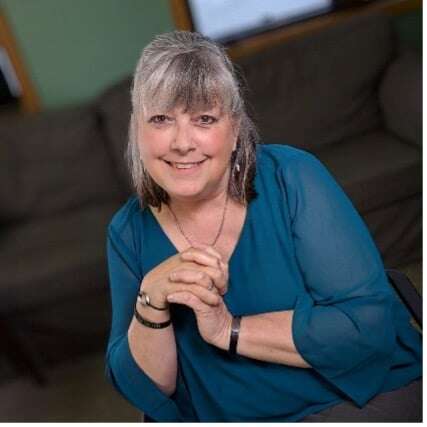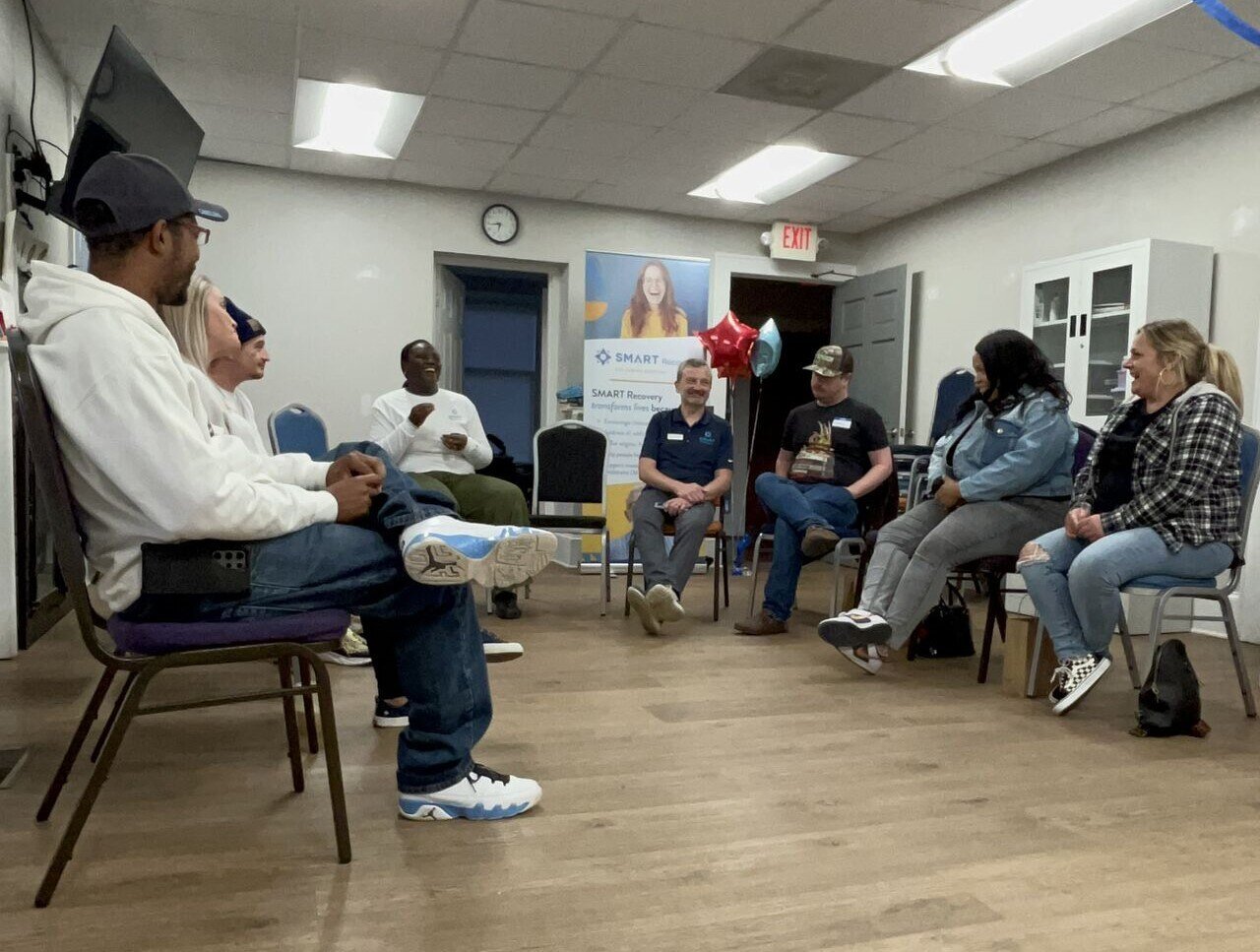The Language of Recovery Advocacy
Guest Blogger: William White

Words are important. If you want to care for something, you call it a “flower”; if you want to kill something, you call it a “weed”. –Don Coyhis
Some will question why we as recovery advocates should invest valuable time debating the words used to convey alcohol and other drug (AOD) problems and their solutions when there are suffering individuals and families that need to be engaged, recovery support resources that need to be created, communities that need to be educated, and regressive, discriminatory policies that need to be changed. We must invest this time because achieving our broader goals depends on our ability to forge a recovery-oriented vocabulary.
Words have immense power to wound or heal. The wrong words shame people with AOD problems and drive them into the shadows of subterranean cultures. The wrong words, by conveying that people are not worthy of recovery and not capable of recovery, fuel self-destruction and prevent or postpone help-seeking. The right words serve as catalysts of personal transformation and offer invitations to citizenship and community service. The right words awaken processes of personal healing, family renewal, and community and cultural revitalization. The wrong words stigmatize and disempower individuals, families and communities.
Words determine the social institutions that will lay claim to AOD problems and whether people with such problems will find themselves in systems of compassion and care or systems of control and punishment. How we as a culture conceptualize AOD problems dictates whether the people with such problems will be tended to by a physician, a counselor, a preacher, a community activist or a jailer. The labels drunkard, dipsomaniac, wino, dope fiend, crack whore, speed freak, and substance abuser (to name a few) elicit fear and disdain, whereas mothers, fathers, brothers, sisters, sons, daughters, friends, neighbors, co-workers and employees with AOD problems can lay claim to our compassion and the resources of our communities.
It is time people in recovery rejected imposed language and laid claim to words that adequately convey the nature of our experience, strength and hope. We must forge a new vocabulary that humanizes AOD problems and widens the doorways of entry into recovery. We must forever banish language that, by objectifying and demonizing addiction, sets the stage for our sequestration and punishment. We must counter the clinical language that reduces human beings to diagnostic labels that pigeon-hole our pathologies while ignoring our strengths and resiliencies. We must also reject the disrespectful and demeaning epithets (e.g., “retreads”, “frequent flyers”) professionals sometimes use to castigate those who need repeated treatment episodes.
Historically, people with severe AOD problems have had wars declared against them and have been subjected to invasive and unconscionable practices (e.g., mandatory sterilization laws) because this culture defined them as less than human and depicted them as both dangerous and hopeless (e.g., “once an addict, always an addict”). We need a new language that is hope-infused, recovery-focused, and family-centered. We need a new language that reflects and conveys diverse pathways and styles of recovery. The words and metaphors that permeate White Bison will differ from those that permeate the Recovery Alliance of El Paso or PRO-ACT’s Woman’s Recovery Center in Pennsylvania. We can expand our menu of catalytic words and metaphors at the same time we formulate a common vocabulary that will best enhance a national message that clearly and passionately conveys the living reality of long-term recovery from addiction.
I urge you to participate in these discussions and debates about language. This is not about superficial political correctness. It is about the future of recovery in America. It is time we embraced a new language that helps us talk about how we heal ourselves, our families and our communities. It is time we as a country abandoned a rhetoric that declares war on our own people.
Source: The William L. White Papers blog. (Used with permission.)
 William L. White is an Emeritus Senior Research Consultant at Chestnut Health Systems / Lighthouse Institute and past-chair of the board of Recovery Communities United. Bill has a Master’s degree in Addiction Studies and has worked full time in the addictions field since 1969 as a streetworker, counselor, clinical director, researcher and well-traveled trainer and consultant. He has authored or co-authored more than 400 articles, monographs, research reports and book chapters and 17 books. His book, Slaying the Dragon – The History of Addiction Treatment and Recovery in America, received the McGovern Family Foundation Award for the best book on addiction recovery. Bill’s sustained contributions to the field have been acknowledged by awards from the National Association of Addiction Treatment Providers, the National Council on Alcoholism and Drug Dependence, NAADAC: The Association of Addiction Professionals, the American Society of Addiction Medicine, and the Native American Wellbriety Movement. Bill’s widely read papers on recovery advocacy have been published by the Johnson Institute in a book entitled Let’s Go Make Some History: Chronicles of the New Addiction Recovery Advocacy Movement.
William L. White is an Emeritus Senior Research Consultant at Chestnut Health Systems / Lighthouse Institute and past-chair of the board of Recovery Communities United. Bill has a Master’s degree in Addiction Studies and has worked full time in the addictions field since 1969 as a streetworker, counselor, clinical director, researcher and well-traveled trainer and consultant. He has authored or co-authored more than 400 articles, monographs, research reports and book chapters and 17 books. His book, Slaying the Dragon – The History of Addiction Treatment and Recovery in America, received the McGovern Family Foundation Award for the best book on addiction recovery. Bill’s sustained contributions to the field have been acknowledged by awards from the National Association of Addiction Treatment Providers, the National Council on Alcoholism and Drug Dependence, NAADAC: The Association of Addiction Professionals, the American Society of Addiction Medicine, and the Native American Wellbriety Movement. Bill’s widely read papers on recovery advocacy have been published by the Johnson Institute in a book entitled Let’s Go Make Some History: Chronicles of the New Addiction Recovery Advocacy Movement.




